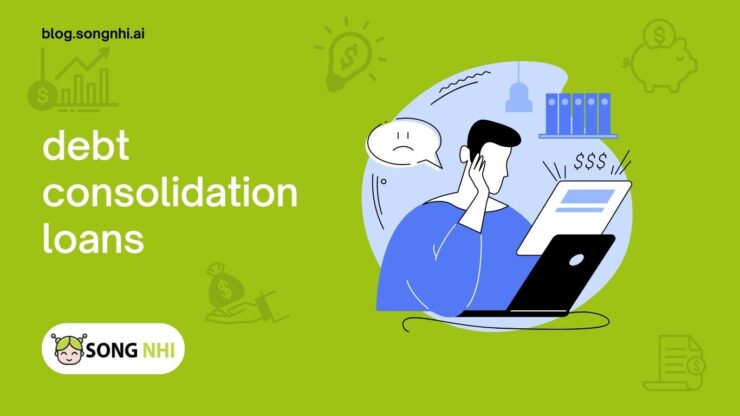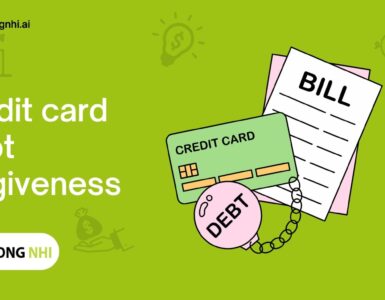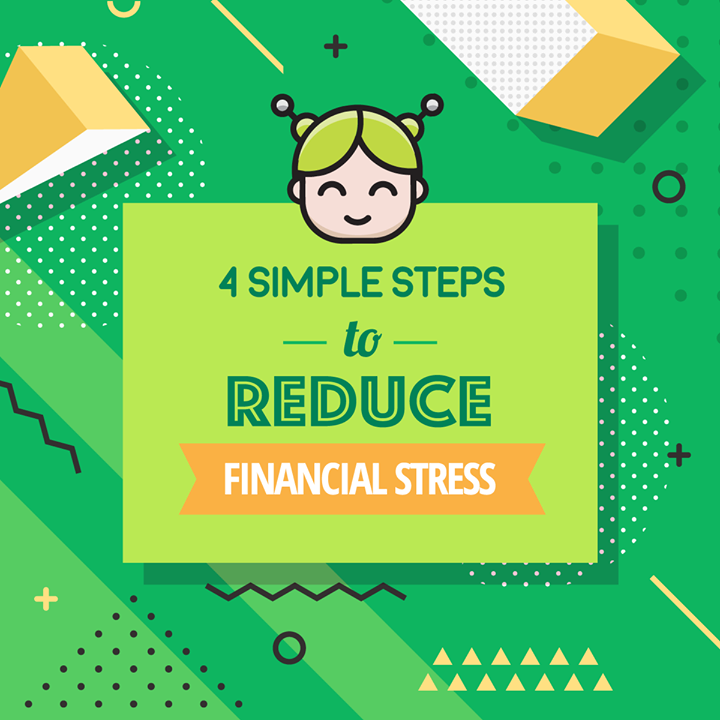Managing multiple debts can be overwhelming and stressful. Juggling various interest rates, due dates, and payment amounts can make it difficult to stay on top of your financial obligations.
Fortunately, there is a solution that can simplify your financial life: debt consolidation loans. In this article, we will delve into the concept of debt consolidation loans, explore their benefits, and provide valuable insights to help you decide if this financial tool is the right choice for you.
1. Understanding Debt Consolidation Loans
Debt consolidation loans are financial products designed to combine multiple debts into a single, more manageable loan. Essentially, you take out a new loan to pay off your existing debts, leaving you with a single monthly payment to make. This consolidation process not only simplifies your finances but also offers potential advantages in terms of interest rates and repayment terms.

2. The Benefits of Debt Consolidation Loans
a. Simplified Finances
By consolidating your debts, you eliminate the hassle of managing multiple accounts and due dates. Instead, you have one payment to focus on, which can reduce confusion and make budgeting easier.
b. Lower Interest Rates
Debt consolidation loans often come with lower interest rates compared to credit cards or other high-interest debts. By securing a lower rate, you can save money over time and potentially pay off your debt more quickly.
c. Fixed Repayment Terms
Debt consolidation loans typically have fixed repayment terms, allowing you to create a structured plan to pay off your debt. This predictability enables better financial planning and ensures that you stay on track towards becoming debt-free.
d. Improved Credit Score
Successfully managing a debt consolidation loan can have a positive impact on your credit score. As you make consistent payments and reduce your debt load, your creditworthiness improves, opening doors to better financial opportunities in the future.
Related articles:
- How to Calculate Debt to Income Ratio? Understanding Your Financial Health
- What is the National Debt? Implications and Significance in Finance
- How to Pay Off Credit Card Debt? Mastering Your Finances
- Mastering the Art of Financial Freedom: How to Get Out of Debt
3. Assessing Eligibility and Choosing the Right Loan
Before pursuing a debt consolidation loan, it’s essential to evaluate your eligibility and consider your options. Lenders will typically review factors such as your credit score, income, and existing debt load.

If you meet the criteria, you can begin exploring different loan options, comparing interest rates, fees, and repayment terms. Thoroughly research potential lenders to ensure their credibility and choose a loan that aligns with your financial goals.
4. Potential Risks and Considerations
While debt consolidation loans offer numerous benefits, it’s crucial to approach them with caution and consider potential risks. Some key points to keep in mind include:
a. Avoid Acquiring New Debt
Consolidating your debts should not be an invitation to accumulate more debt. It’s important to address the root causes of your financial situation and adopt responsible spending habits to avoid falling back into debt.
b. Fees and Charges
Be aware of any fees associated with debt consolidation loans, such as origination fees or prepayment penalties. Factor in these costs when evaluating the overall cost-effectiveness of the loan.
c. Secured vs. Unsecured Loans
Debt consolidation loans can be secured (backed by collateral) or unsecured (based on your creditworthiness). Secured loans may offer lower interest rates but come with the risk of losing collateral if you default on payments. Consider your circumstances and preferences before choosing the loan type.
5. Seeking Professional Advice
If you feel overwhelmed or uncertain about the best course of action, consider consulting a financial advisor or credit counselor. These professionals can provide personalized guidance, help you navigate the complexities of debt consolidation, and offer insights into other potential strategies for managing your debts.
Conclusion
Debt consolidation loans can be a valuable tool to streamline your finances, simplify repayment, and potentially save money. By combining multiple debts into a single loan, you can regain control over your financial situation and work towards

















